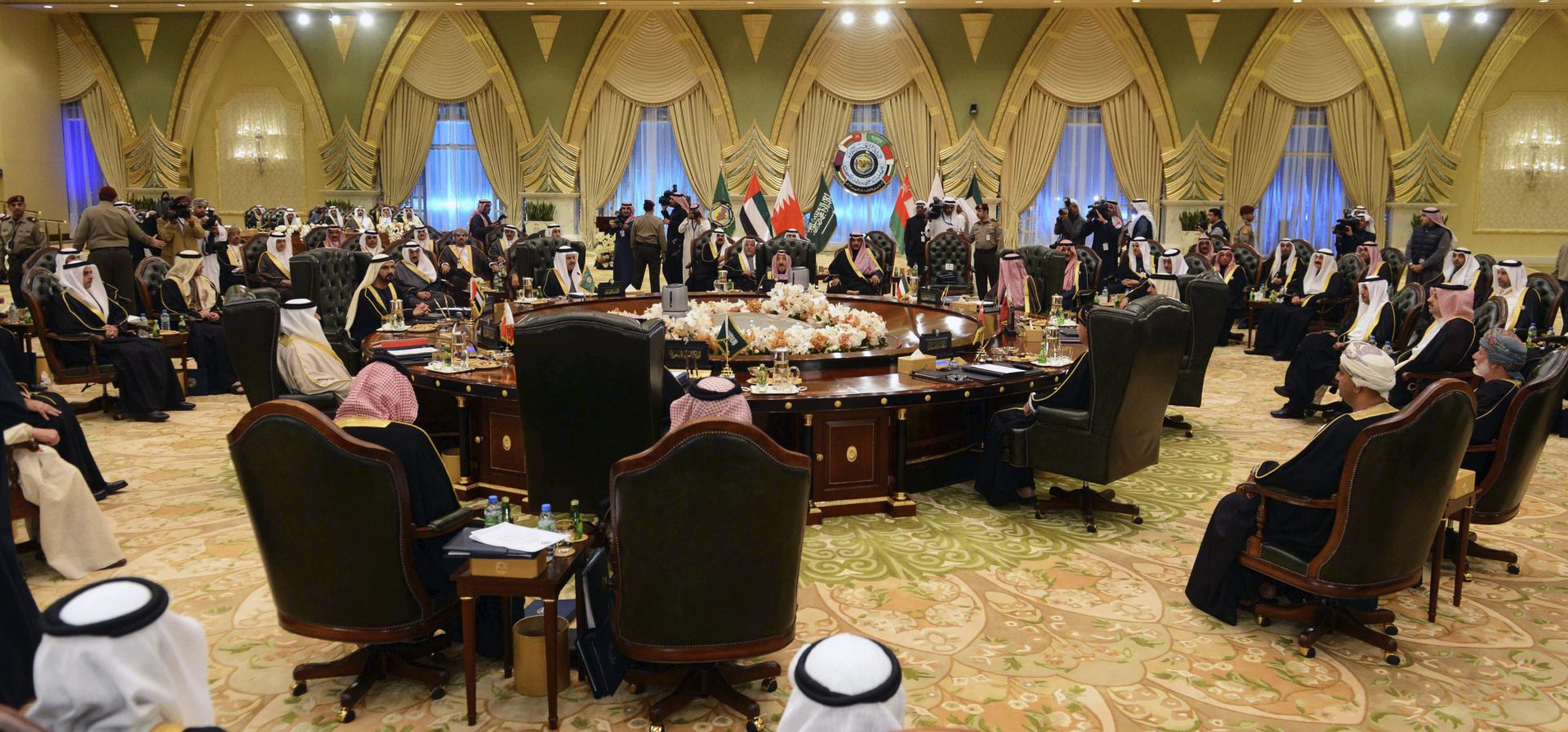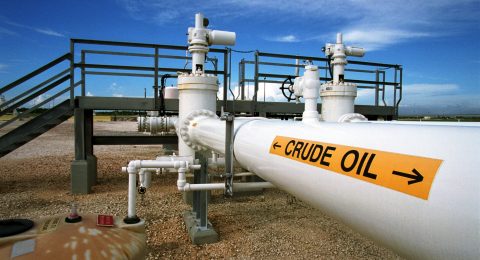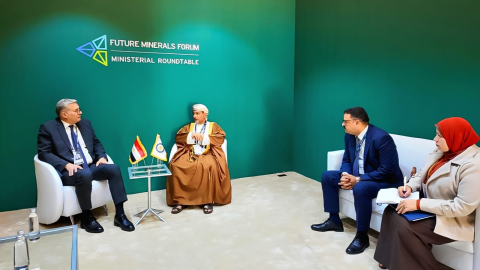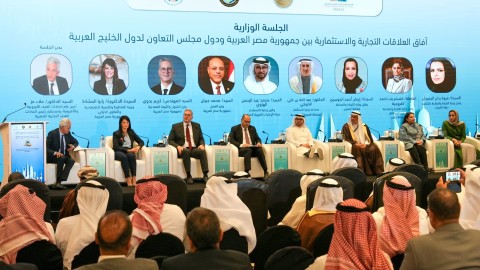The Arab Petroleum Investments Corporation’s (Apicorp) Energy Research has just issued its monthly report, calling for a serious rethinking of the GCC state’s downstream sector, reported Trade Arabia.
“We anticipate only a handful of projects will come on line within or shortly after their targeted completion date, with the Jazan project in Saudi Arabia and the UAE’s Fujairah plant the major additions,” the report said.
This was because competition was squeezing margins and may force some of the least efficient refineries to close, with the add factor posed by the collapse of global oil prices.
There was also the economic fallout of the final removal of sanctions on Iran, the report warned, describing the country as a wild card.
Iran’s 360,000 b/d Persian Gulf Star Refinery has been facing delays due to financing issues, but is still expected to come on stream within our medium-term horizon and should end the country’s dependency on imported gasoline.
One option, the report argues, is to develop the trading industry and establish regional trading hubs, citing Oman as an example, where plans are underway to build the world’s largest crude and petroleum product storage facility with a capacity of 200 m barrels.
According to Arab News, the challenges posed by declining oil prices are also opportunities since declining liquidity at GCC banks, due to reduced deposits from government and public sector deposits, could help spur issuance activity.
Opening up markets to foreign investment could propel new issuance as well, a step Saudi Arabia took earlier this year.
Refinancing risk is another avenue, since $25 b of corporate and infrastructure sukuk and bonds will mature over 2016-2018, supporting capital market issuance by corporate and infrastructure entities over the same period.












